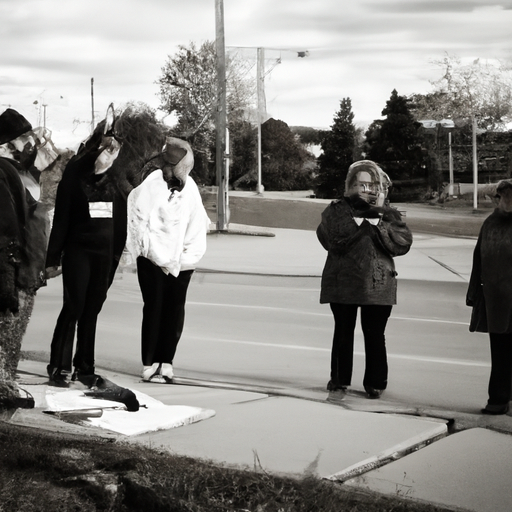Addressing the Opioid Crisis: An Analysis of the Toxic Drug Summit in Sudbury
In Northern Ontario, the issue of the opioid crisis has become prominently unavoidable. Looking back to an event that took place in Sudbury in 2018, a conference titled “Toxic Drug Summit” was held that aimed to address this very issue.
Local Realities of the Opioid Crisis
Northern Ontario has seen a higher prevalence of opioid-related incidents due to socio-economic factors and limited access to crucial mental health and addiction resources. The opioid crisis has created a tremendous societal burden of homelessness and crime, directly and indirectly affecting citizens, whether they are addicted to opioids or not.
Outlining the key points from the summit:
- Opioid addiction is not a problem exclusive to homeless populations — anyone could potentially fall victim to it.
- The opioid crisis in Sudbury has seen a major increase in crime, impacting the overall quality of life in Sudbury.
- There has been a rise in reports of discarded needles, putting the general public at risk of harm.
- There have been efforts to distribute naloxone kits and provide education on their use to combat overdoses.
Community Response and Actions Taken
The situation prompted the City of Sudbury and Public Health Sudbury and District to take action, bringing together city staff, community partners, and business leaders to examine the impacts of the opioid crisis more closely. The summit aimed to inform and engage community stakeholders in a collective response to the opioid crisis.
Some noteworthy initiatives include:
- Sudbury’s Street Level Women at Risk program (SLWAR), which secured full-time permanent funding allowing for an extended reach and greater impact.
- A Greater Sudbury Police Service initiative to assign an officer to follow up on opioid-related incidents, aiming to provide a more compassionate and personal response.
- The establishment of a Rapid Access Addiction Medicine (RAAM) clinic to provide timely and effective treatment for individuals with substance use disorders.
- The distribution of naloxone kits and training workshops for their use to individuals and organizations in the community.
- An ongoing opioid class-action lawsuit against pharmaceutical companies, aiming to hold them accountable for their role in propelling the opioid crisis.
The Need for Collaboration and Collective Action
Dialogue and collaboration were highlighted as essential at the summit. The opioid crisis is not an issue that can be solved overnight nor by any single entity in isolation. A collective response is needed, involving community members, diverse professionals, government representatives, and individuals who are directly affected by opioid addiction.
Future Plans and Hopes: Taking the Fight Against the Opioid Crisis Forward
Going forward, community leaders and organizations expressed their hopes to further expand opioid addiction treatment services, increase public education and reduce stigma, and pursue harm reduction strategies. The city’s goal is to build a supportive community that can help individuals affected by the opioid crisis, providing a path towards recovery and reintegration into society.
In Conclusion
The scope of the opioid crisis is extensive, and its impacts are deeply embedded in our communities. It calls for a comprehensive and humane approach that includes prevention, treatment, harm reduction, enforcement, and community partnerships. The ‘Toxic Drug Summit’ in Sudbury serves as an example of collaborative efforts to address this crisis, which has gone beyond the realm of health care into social justice and human rights.
As the opioid crisis continues, it is crucial to be incessant in our pursuit of solutions. Communities must continue to build on initiatives, fostering open conversations, challenging stigma, and creating environments conducive to recovery. Let the lessons and actions taken in Sudbury spur us to continuously respond to this ongoing crisis, effectively, compassionately, and collectively.
